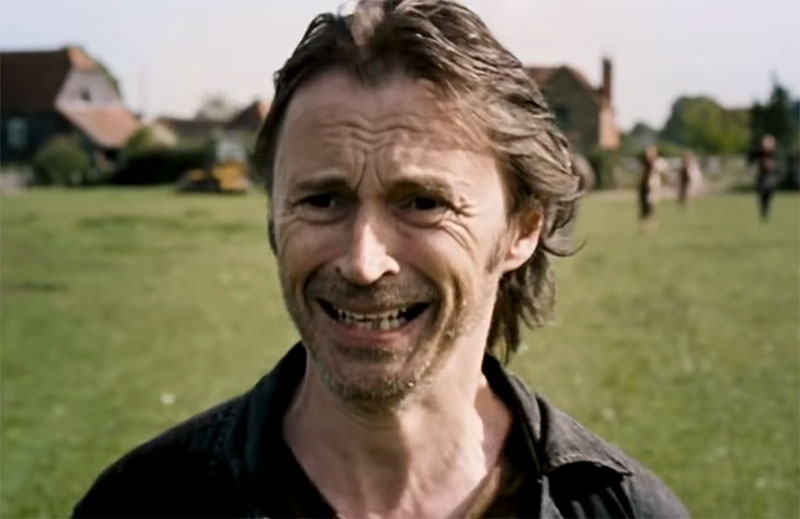
In the vast realm of zombie cinema, few scenes have managed to capture the sheer terror, emotional depth, and moral complexity of the apocalypse as the opening sequence of “28 Weeks Later.”
Directed by Juan Carlos Fresnadillo, this sequel to Danny Boyle’s “28 Days Later” kicks off with a sequence that not only sets the tone for the entire film but also stands as a testament to the genre’s potential to be more than just mindless gore.
Setting the Scene
Great films often use their opening sequences to hook audiences, creating iconic imagery that becomes synonymous with the film itself. “28 Weeks Later” is no exception. The scene commences with Don and his wife, Alice, taking refuge in a barricaded cottage on London’s outskirts, along with a few other survivors. Their fragile peace is shattered by a knock on the door, heralding the arrival of a terrified boy and the infected horde he inadvertently leads to their doorstep.
This frenzied attack culminates in a moment that’s etched in the minds of horror aficionados:. As the infected breach their defenses, Don faces an agonizing choice. With his wife and the boy trapped in a room with a zombie, and more infected closing in, Don chooses self-preservation, leaving Alice behind in a heart-wrenching moment of betrayal.
This scene is visceral, chaotic, and drenched in blood. But more than the gore, it’s the emotional weight of Don’s decision that leaves viewers heart-wrenched. In just a few minutes, the film manages to encapsulate the sheer intensity and emotional depth that the zombie genre can offer.
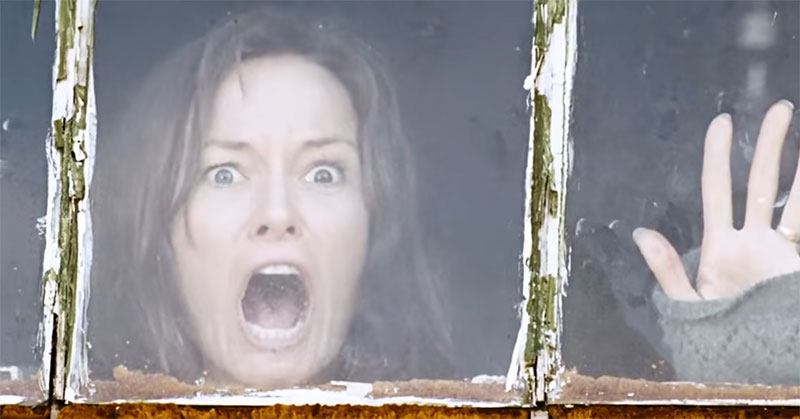
The Moral Complexity of Survival
One of the most compelling aspects of the opening scene in “28 Weeks Later” is its ability to hold up a mirror to the audience, prompting deep introspection.
While the film operates within the realm of horror and fantasy, the dilemmas faced by its characters resonate with real-world, human experiences. The scene doesn’t merely aim to terrify; it seeks to challenge.
Don’s heart-wrenching decision to abandon Alice in the face of danger is not just a plot device; it’s a catalyst for self-reflection.
As viewers, we are compelled to ask ourselves: What would I have done in his place? Would I have been the hero, or would I have succumbed to the primal instinct of self-preservation?
It’s easy to judge Don from the comfort of our seats, but the film challenges us to consider the complexities of human nature and the often blurry line between survival and morality.
The Weight of Regret
Furthermore, the scene taps into universal fears and regrets. How many of us have faced moments in our lives where we’ve had to make split-second decisions, only to later question if we made the right choice? How often have we been paralyzed by fear, leading us to act in ways that might betray our own moral compass?
“28 Weeks Later” delves deep into this emotion, using Don’s harrowing decision as a lens through which we can examine the nature of regret.
Don’s choice to abandon Alice in the face of imminent danger is not just a pivotal moment in the film; it’s a reflection of the split-second decisions we all make in our lives.
While most of us will never face a zombie apocalypse, we all have moments where we must choose between self-preservation and the well-being of others. And sometimes, in the heat of the moment, we make choices that we later come to rue.
As the narrative unfolds, Don’s regret becomes palpable. The weight of his decision haunts him, casting a shadow over his every interaction.
His reunion with his children, rather than being a moment of pure joy, is tinged with the guilt of his betrayal. Every hug, every word of comfort, is underscored by the knowledge of what he did – and what he failed to do.
This exploration of regret is what elevates “28 Weeks Later” from a mere horror film to a poignant exploration of the human condition.
It forces us to confront our own past decisions and the regrets that accompany them. How many of us have looked back on our lives and wished we could change a single action, a single word? How often have we been haunted by the “what ifs” and “if onlys”?
In the end, “28 Weeks Later” serves as a stark reminder that our actions have consequences, and that we must live with the choices we make.
It’s a lesson in the importance of reflection, of understanding the weight of our decisions, and of recognizing that while we cannot change the past, we can learn from it. And in doing so, perhaps we can find a way to live with our regrets, rather than being consumed by them.
The Legacy of the Opening Sequence
Recent discussions on platforms like Reddit have highlighted the enduring impact of this introductory sequence. Fans remark on its undiminished emotional resonance, emphasizing its raw power to evoke intense reactions even after multiple viewings.
While “28 Weeks Later” as a whole might not consistently maintain the high bar set by its predecessor, “28 Days Later,” there’s unanimous agreement on one thing: its opening is one of the finest in not just the zombie genre, but in the entire realm of horror.
“28 Weeks Later” offers more than just jump scares and gore. Its opening sequence is a testament to the power of cinema to evoke deep emotions and challenge our moral compass. It serves as a reminder that in the face of horror, our humanity – with all its flaws and strengths – is put to the ultimate test.

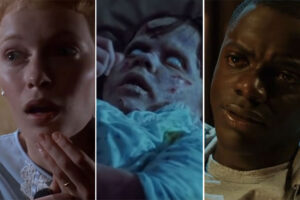
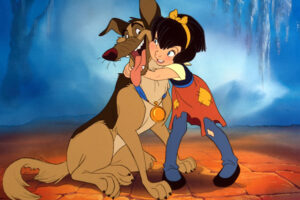

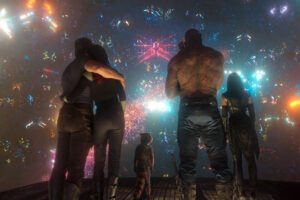
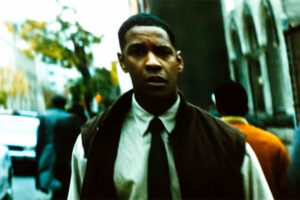
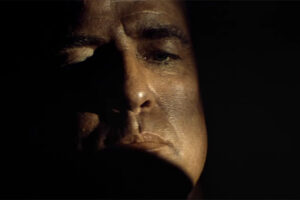
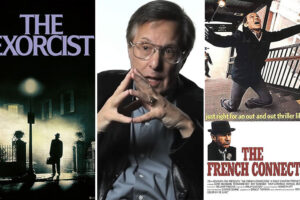
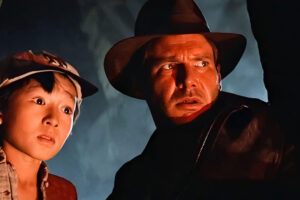
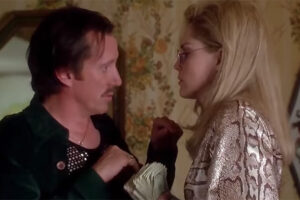
Leave a Reply